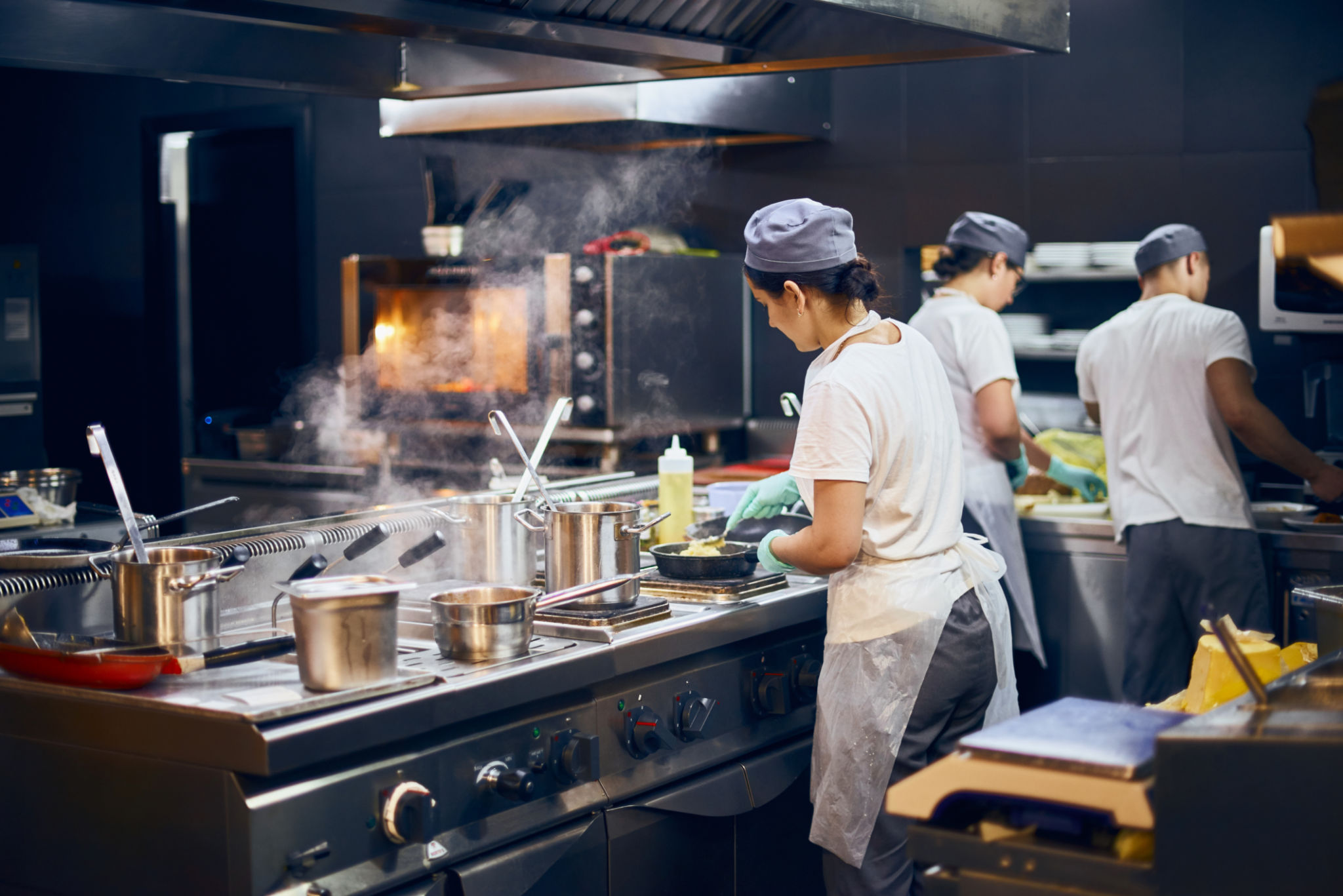A Complete Guide to Oven and Stove Maintenance for Busy Restaurants
Introduction to Oven and Stove Maintenance
In the bustling environment of a busy restaurant, keeping kitchen equipment in top condition is crucial. Ovens and stoves, in particular, endure significant use and require regular maintenance to ensure efficiency and safety. This guide provides essential tips for maintaining these vital appliances, enabling restaurant owners and chefs to focus on delivering exquisite culinary experiences.
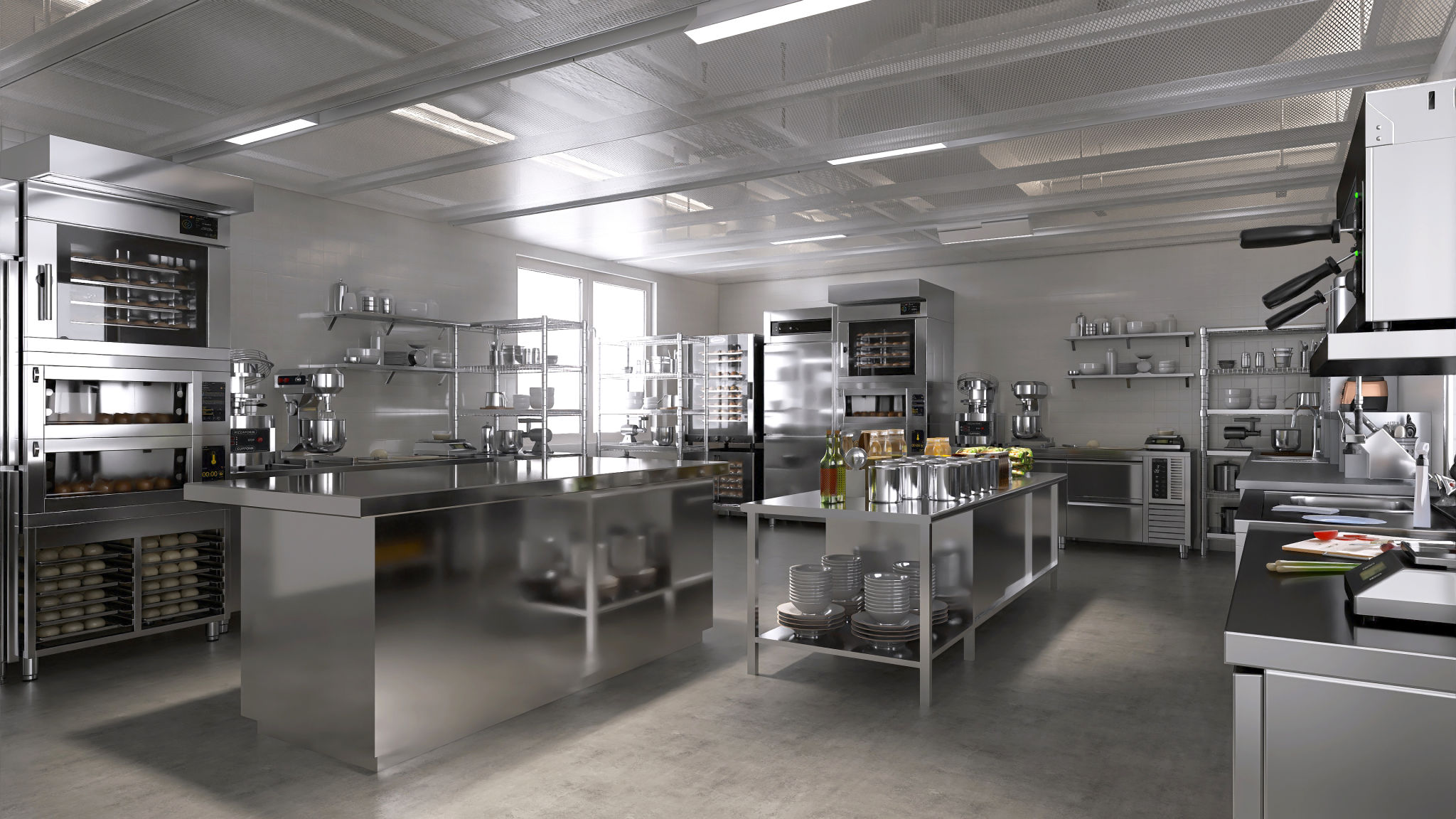
Daily Cleaning Practices
Oven Care
After each service, it’s vital to perform basic cleaning of the oven. Begin by removing any food debris or spills to prevent buildup. Wipe down surfaces with a damp cloth and a mild detergent, ensuring that no residue is left behind. Regular cleaning not only extends the life of the oven but also prevents any lingering odors that might affect the taste of dishes.
Stove Maintenance
Stove tops can accumulate grease and food particles quickly. After every shift, remove burner grates and clean them thoroughly with warm soapy water. Use a non-abrasive scrubber to clean the stove surface, taking care to reach into the corners where grime often collects. Keeping the stove clean prevents potential fire hazards and maintains its efficiency.
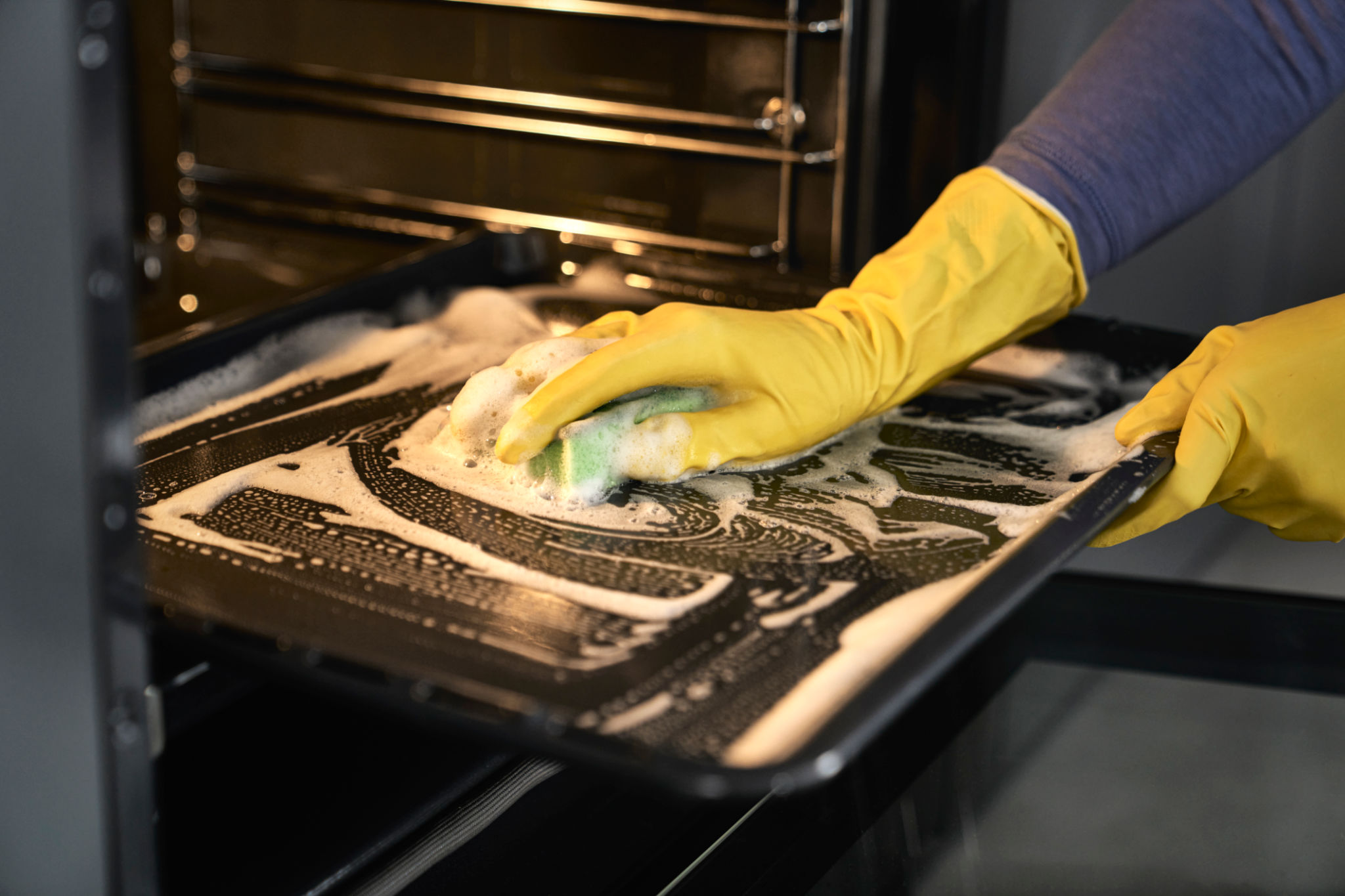
Weekly Deep Cleaning
In addition to daily cleaning, a weekly deep clean is essential. For ovens, remove racks and soak them in hot soapy water. Use a specialized oven cleaner for the interior, following the manufacturer's instructions carefully. Rinse thoroughly to ensure no chemical residue remains.
For stoves, focus on cleaning beneath the burners. Remove all removable parts, clean them, and check for gas leaks or wear on electrical components. This not only improves performance but also helps in identifying potential issues before they become major problems.
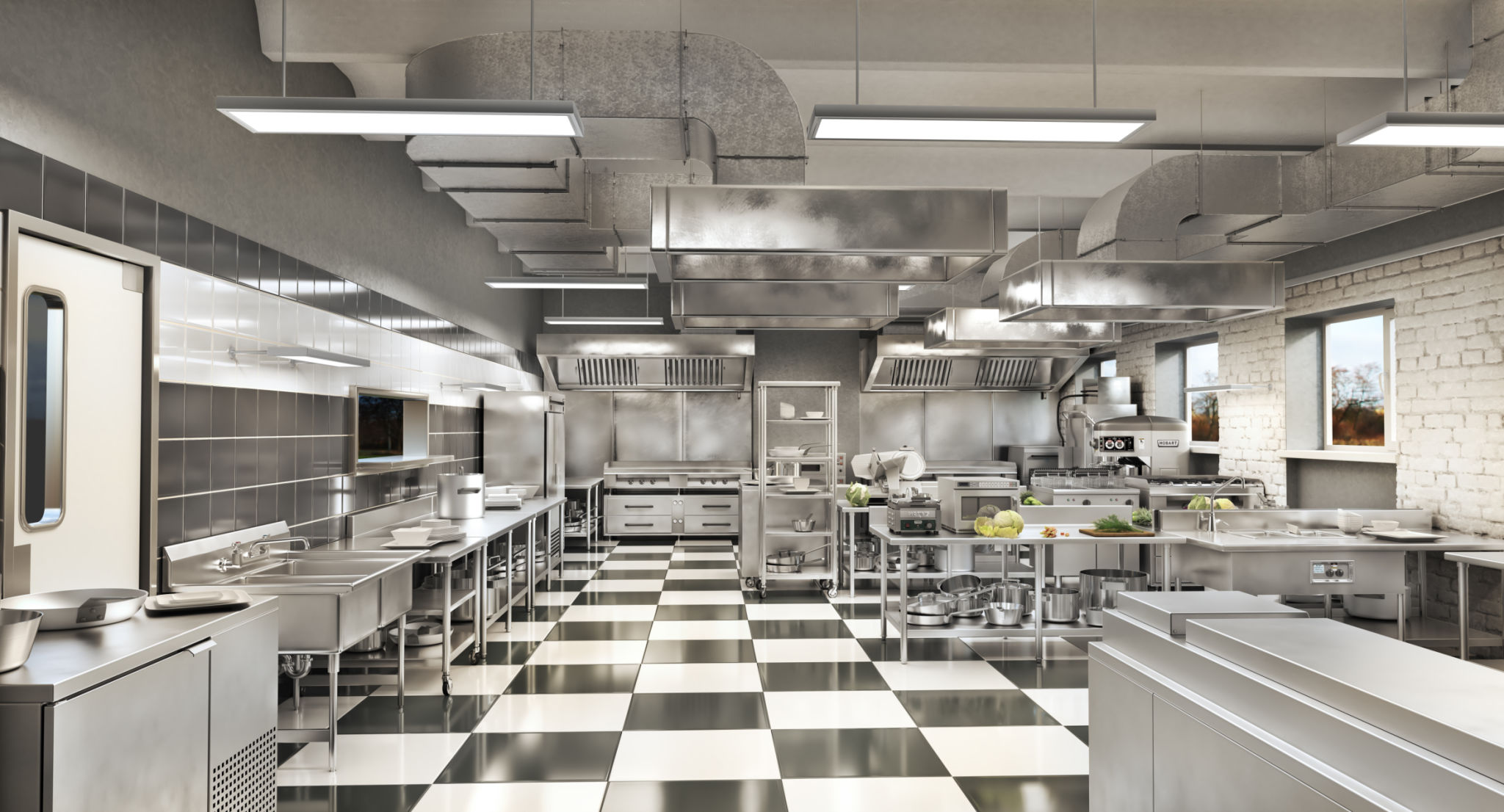
Monthly Maintenance Checks
Monthly checks are crucial for identifying wear and tear that could lead to equipment failure. Inspect oven doors to ensure they seal properly, as poor seals can lead to heat loss and uneven cooking. Check thermostats for accuracy, using an oven thermometer as a guide.
For stoves, examine gas lines for leaks and inspect electrical connections for any signs of fraying or damage. Maintaining these components ensures safety and reliability in the kitchen.
Professional Servicing
While regular cleaning and maintenance can be handled in-house, professional servicing is recommended every six months. Technicians can provide detailed inspections, ensuring that all components function correctly and efficiently. This proactive approach helps avoid unexpected breakdowns that disrupt service.
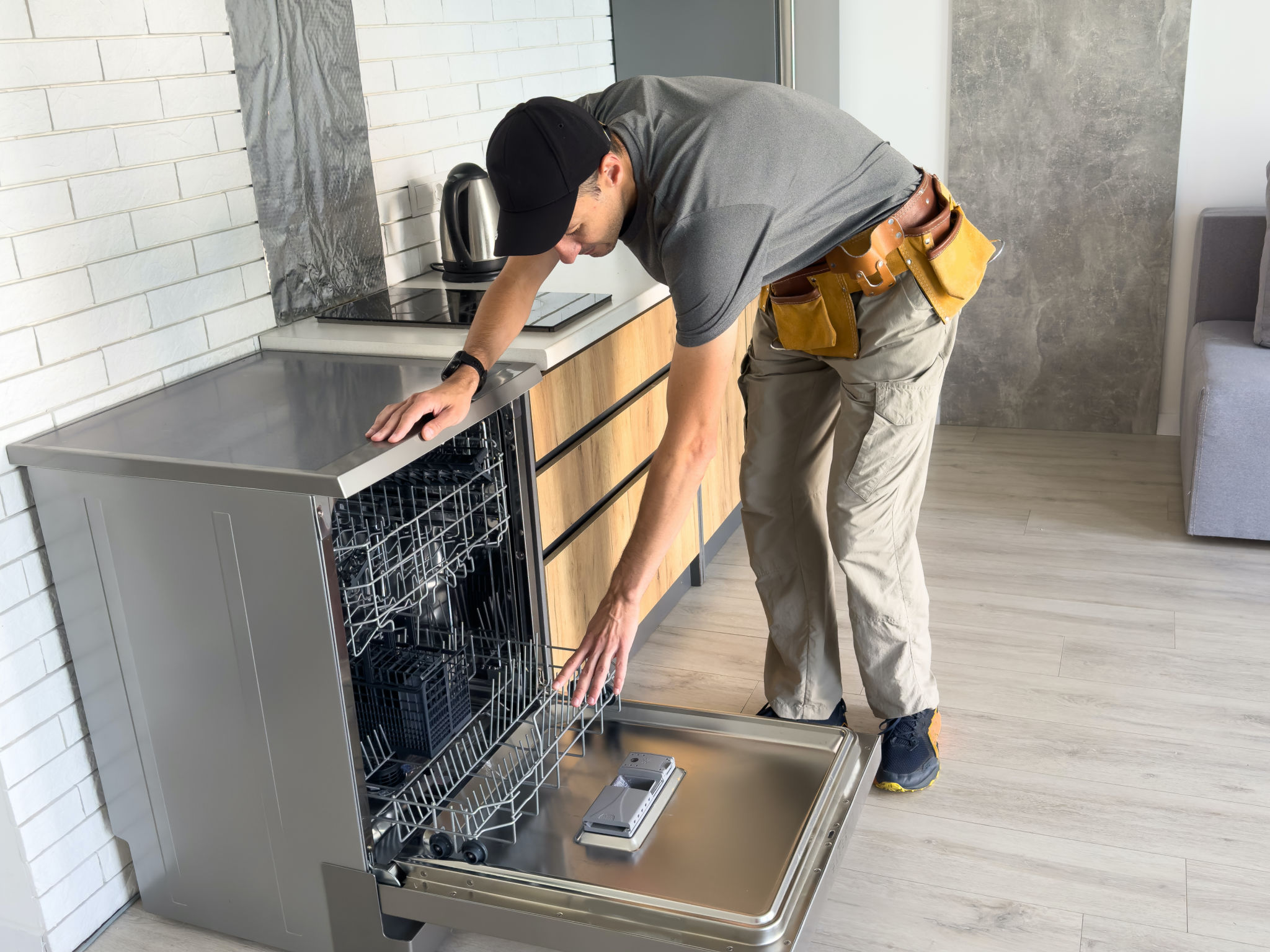
Training Staff
Ensuring that all kitchen staff understand the importance of equipment maintenance is essential. Conduct regular training sessions to educate them on proper cleaning techniques and what signs of wear to look out for. Empowering staff with this knowledge enhances their ability to keep the kitchen running smoothly.
The Benefits of Consistent Maintenance
Consistent maintenance offers numerous benefits including improved equipment longevity, enhanced safety, and better food quality. Moreover, it reduces the likelihood of costly repairs or replacements. By integrating regular maintenance into your kitchen routine, you're investing in the long-term success of your restaurant.
